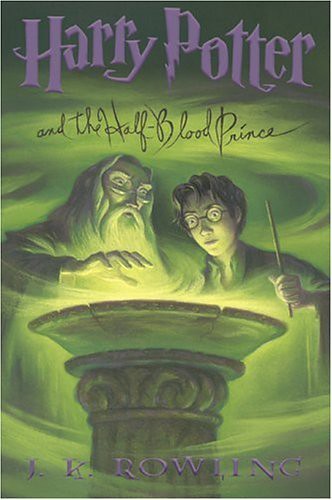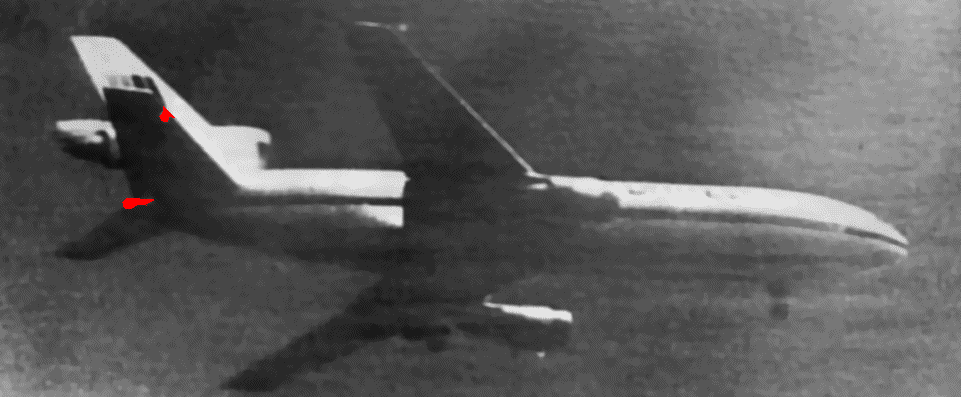 The Wicked Witch is one of the most recognizable Villains of movie history. She is one of only nine other females that appear on the AFI's Top 100 Villains list. She is the highest-ranking female villain, and she certainly deserves her rank.
The Wicked Witch is one of the most recognizable Villains of movie history. She is one of only nine other females that appear on the AFI's Top 100 Villains list. She is the highest-ranking female villain, and she certainly deserves her rank.
Just by looking at her name, there is little question as to the nature of the Wicked Witch. She has become the archetype for wickedness and is an easily identifiable image of evil. She is cruel, manipulative, and cold – all the features that one would expect from one who is wicked. Most dictionaries defined wickedness as being synonymous with evil, and we can certainly see this reflected in the Witch's behavior in The Wizard of Oz.
In the Wizard of Oz, The Wicked Witch of the West has conquered the Winkies and treats them as slaves. She remains in power by using her army of flying monkeys that do her bidding. She uses the fear of her cruelty in order to stay in power – and prior to Dorothy arriving in Oz, the terrors of the Wicked Witch had simply been a part of life for the citizens of Oz.
But things begin to change when Dorothy arrives in Oz. We get our first taste of the Witch's wickedness when she fails to show any sort of remorse for her dead sister. Instead she simply appears angry to have been cheated out of the enchanted ruby red slippers. 
The Witch immediately comes up with a number of plans to steal the slippers and eliminate Dorothy in the process. However, she finds herself foiled time and time again as Dorothy makes friends on her way to see the Wizard. These series of events all reveal the inherent evil and true wickedness of the Witch who craves nothing but power. Greed is her primary motivation.
The Witch is unsuccessful at stopping Dorothy from reaching the Wizard, but in a twist of fate the Wizard charges Dorothy with disposing of the Witch. Dorothy is captured by the Flying Monkeys as she tries to sneak into the Witch's castle. The Witch tries to get the slippers by threatening to drown Toto, but it is soon obvious that the only way to obtain the slippers is to kill Dorothy. Again, this scene reflects the wickedness of the Witch as she uses the life of Toto as ransom to obtain what she wants.
The Wicked Witch doesn't know how best to dispose of Dorothy and take the Ruby Slippers for herself, so she locks Dorothy away instead. During this time, Dorothy's friends attempt a rescue, but they are cornered by the Wicked Witch's guards. The Witch decides that they all must die, but Dorothy will die last. She will watch her friends suffer and suffer in the process. She sets the Scarecrow on fire, and in an attempt to extinguish the flames, Dorothy throws water on the Witch which causes the Witch to melt. Upon realizing what has happened, the guards that had once been under the Witch's control rejoice – another reflection of the true evil of the Witch.
Throughout the film, there is no redeeming goodness in the Witch, as with many villains in film. She is illustrated as truly wicked, and never wavers from this characterization. Of course, for anyone who has seen the musical Wicked, the perception of the Wicked Witch changes entirely, but in the film itself there is no justification for the Witch's evil actions earning her the title of villain.
Then again, perhaps all the Wicked Witch needed was a friend, as illustrated in the video below.
[kml_flashembed movie="http://www.youtube.com/v/DU8D9QugbiM" width="425" height="350" wmode="transparent" /]
 Joseph Stalin is one of those historical figures who we aren't entirely sure how to categorize. Unarguably, he is one of the most influential and significant leaders of the 20th century. But is it possible to categorize him as either a hero or a villain?
Joseph Stalin is one of those historical figures who we aren't entirely sure how to categorize. Unarguably, he is one of the most influential and significant leaders of the 20th century. But is it possible to categorize him as either a hero or a villain? nism and terror.
nism and terror.
 I'm fairly certain that most everyone has read Harry Potter, but if you haven't you should probably stop reading. The books are just too good to ruin! Even if you've been watching the movies – stop now before I give away the ending. I'm not kidding.
I'm fairly certain that most everyone has read Harry Potter, but if you haven't you should probably stop reading. The books are just too good to ruin! Even if you've been watching the movies – stop now before I give away the ending. I'm not kidding.  But this wasn't the only revelation made in the moments just prior to his death. J.K. Rowling still had an ace in the hole. Snape had been in love with Lily Evans Potter for his entire life. This causes us to reevaluate all of Snape's past actions in this new light. Snape's hatred towards Harry may have been a misguided self-hatred. Harry was the physical embodiment of Snape's past mistake that lead to the death of the woman he had always loved. It is also revealed that this is the reason that Snape had kept Harry safe throughout the series, even though his actions were mostly behind the scenes. The hints had been carefully plotted throughout the series, but never pieced together until this crucial moment. Snape's love for Lily is what lead him to switch sides and to risk his life time and time again to help Harry triumph over Voldemort.
But this wasn't the only revelation made in the moments just prior to his death. J.K. Rowling still had an ace in the hole. Snape had been in love with Lily Evans Potter for his entire life. This causes us to reevaluate all of Snape's past actions in this new light. Snape's hatred towards Harry may have been a misguided self-hatred. Harry was the physical embodiment of Snape's past mistake that lead to the death of the woman he had always loved. It is also revealed that this is the reason that Snape had kept Harry safe throughout the series, even though his actions were mostly behind the scenes. The hints had been carefully plotted throughout the series, but never pieced together until this crucial moment. Snape's love for Lily is what lead him to switch sides and to risk his life time and time again to help Harry triumph over Voldemort. I first met Michael Matz when I was six years old. At the time, I had no idea that I was meeting a hero. I was too distracted by the fact that Michael Matz was giving me a riding lesson and, lets be honest, at the age of six ponies were far more exciting than heroes. However, my initial impression of Michael Matz has been replaced with one of complete awe. Michael Matz is an amazing individual who truly deserves the title of hero.
I first met Michael Matz when I was six years old. At the time, I had no idea that I was meeting a hero. I was too distracted by the fact that Michael Matz was giving me a riding lesson and, lets be honest, at the age of six ponies were far more exciting than heroes. However, my initial impression of Michael Matz has been replaced with one of complete awe. Michael Matz is an amazing individual who truly deserves the title of hero.